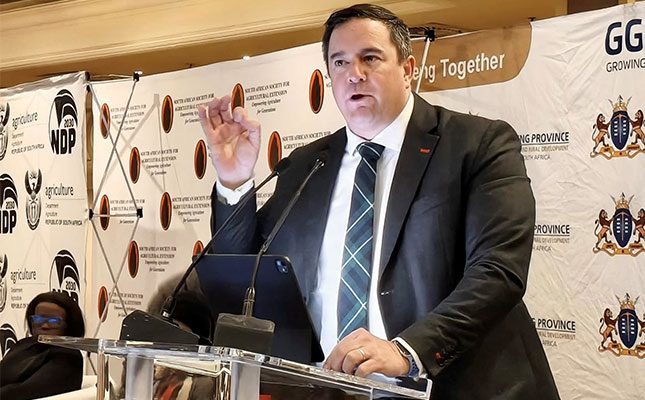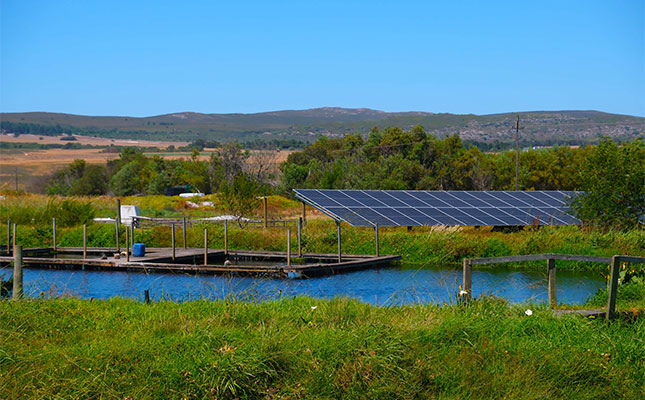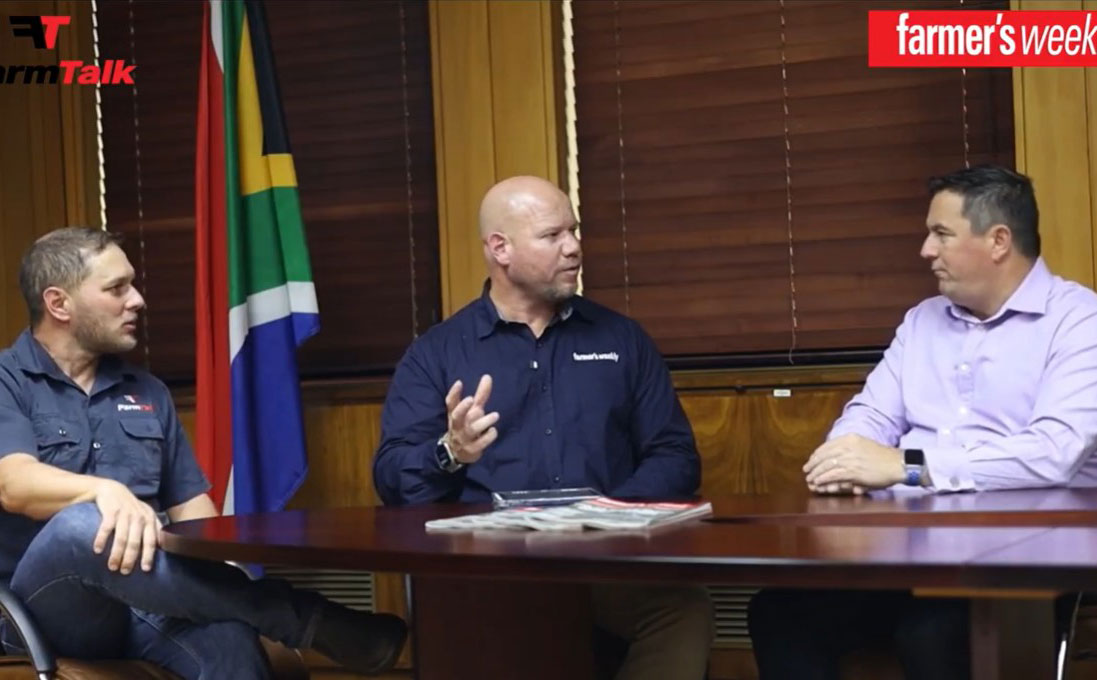
South Africa celebrated a century of formal agricultural extension services this week with the launch of the first Agricultural Extension Week and the 58th Annual Conference of the South African Society for Agricultural Extension (SASAE).
The conference commenced on Monday at Emperor’s Palace in Kempton Park, Gauteng, and will end on Friday.
Speaking at the opening ceremony on Monday, Minister of Agriculture John Steenhuisen announced a major boost for agricultural support services.
“The department will employ 260 assistant agricultural practitioners this year, strengthening its capacity to deliver extension services,” said Steenhuisen. “The department’s Farmer Field School initiative, supported by the Food and Agriculture Organization, is also being expanded from its current base in Limpopo, Mpumalanga and the Northern Cape.”
The conference, held under the theme “Leveraging innovation and technology to enhance extension and advisory services for sustainable agriculture, improved livelihoods and food security,” marks a historic centenary since the establishment of formal extension services in 1925.
“This occasion marks not only a centenary since the establishment of formal extension services in South Africa in 1925, but also a renewed commitment to ensuring that agricultural extension remains at the heart of inclusive rural development, food security and knowledge transfer in our country,” Steenhuisen told delegates.
He highlighted the crucial role that extension practitioners play in connecting small-scale farmers to the tools and knowledge needed for success.
“Agriculture is the bedrock of South Africa’s economy and society. It ensures food security, supports rural livelihoods and drives employment. However, it is the work of our extension practitioners that truly unlocks the potential of our producers, particularly smallholders who depend on support, advice and innovation.”
Impact of extension services
With the agricultural sector recording an impressive 15,8% growth in the first quarter of 2025, Steenhuisen credited the impact of extension services as a key factor:
“Extension practitioners provide practical, tailored advice that helps producers improve productivity, adopt sustainable practices, manage risks and access markets.”
The minister also spotlighted the Smallholder Horticulture Empowerment and Promotion approach, delivered in partnership with the Japan International Cooperation Agency (JICA).
“This ‘market-oriented agriculture’ model is already bearing fruit, with 18 extension officers trained in Japan last year and another 20 scheduled to depart this October,” he announced.
Steenhuisen called for greater youth involvement in the sector. “Let us make agriculture a career of choice for young people by showing them its breadth – from agritech and agro-processing to entrepreneurship and policy.”
Gauteng MEC for Agriculture and Rural Development, Vuyiswa Ramokgopa, paid tribute to the often-overlooked role of extension officers. “When crises occur, such as a drought destroying yields or pests threatening harvests, it is not the policy document or the decision made in a boardroom that arrives first; it is the extension officer,” she said.
Ramokgopa said that technology should complement, not replace, the human touch.
“Technology may enhance your work, but it does not replace your role. Innovation begins with people. It exists in every effort that brings knowledge closer to the soil.”
She called for deeper investment in training, equipment and collaboration with academic and research institutions. “We must ensure knowledge is not confined to institutions but instead flows to the farmers who feed our nation.”
The week-long conference also included the 2025 National Extension and Advisory Services Awards, recognising the frontline professionals transforming South Africa’s agriculture, one farm, one field, one farmer at a time.
Day two of the conference focused on how smallholder vegetable farmers are adapting to climate stressors through shared learning, climate-resilient practices and robust extension support.
“As part of this centenary celebration, let us honour the legacy of extension by boldly stepping into the future – one that values innovation but remains grounded in the lived realities of the farmers we serve,” Steenhuisen concluded.
Get trusted farming news from Farmers Weekly in Google Top Stories.
➕ Add Farmers Weekly to Google ✔ Takes 10 seconds · ✔ Remove anytime










